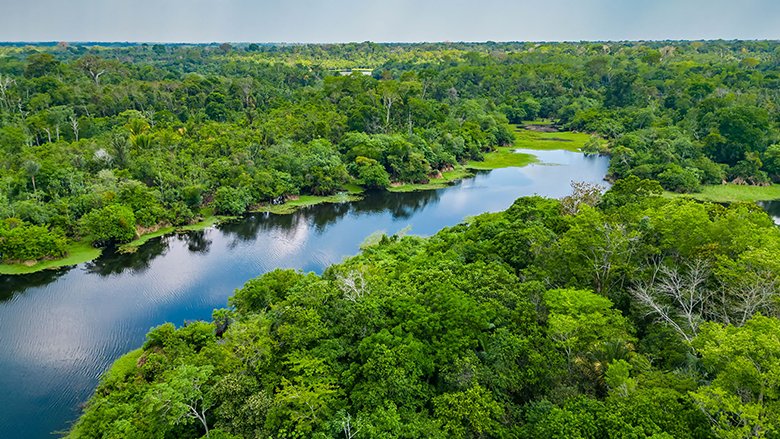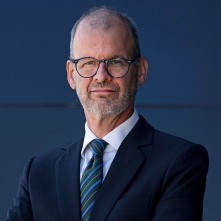Brazil has set a nationally determined contribution (NDC) target for a 53 percent reduction in GHG emissions by 2030 in comparison with 2005, and carbon neutrality (net-zero) by 2050. The NDC also aims to improve water, energy, food, social and environmental security, and enhance social benefits to ensure the climate resilience of the population and infrastructure. There are large costs associated with meeting Brazil’s NDCs: the most recent estimates place these costs at $1.4 trillion between 2016 and 2030, equivalent to $100 billion (or about 7 percent of GDP) per year.
Launching the Sovereign Sustainable Bond Framework: A New Tool for Sustainable Development
With $7.2 billion of sustainable debt issued in 2022, Brazil ranked first regionally for corporate green bonds, having raised money for climate and biodiversity projects. On September 5, 2023, the Federal government, in its effort to support sustainable development, launched its Sovereign Sustainable Bond Framework. A reference document that enables the country to issue green, social, and sustainability bonds to finance budgetary programs with positive environmental and/or social impacts.
A Successful Debut: Brazil's Inaugural Sovereign Sustainable Bond
Shortly after, on November 13, 2023, Brazil successfully debuted a $2 billion sovereign sustainable bond. The transaction succeeded in extending the maturity of debt, accessing new investors, and broadening the investor base, in conformity with Brazil’s medium-term debt management strategy. As external Federal Public Debt acts as a reference for the corporate sector, the National Treasury chose a 7-year benchmark, where private sector issuances are concentrated. According to National Treasury Secretary Rogério Ceron, the Treasury aims to create a reference yield curve to stimulate further sustainable debt sales by private sector borrowers. Furthermore, the transaction underlined Brazil’s commitment to environmental and social sustainability.
Balanced Investment: Deforestation Control, Social Programs, and Climate Action
The proceeds of the inaugural issuance are allocated to deforestation control, biodiversity conservation, the National Climate Change Fund (that focuses on renewable energy and clean transport, among others), and programs to combat poverty (Bolsa Familia) and the fight against hunger (Food Acquisition Program). The split of allocation of resources to environmental vs. social priorities is well balanced (approximately 1:1) in accordance with international best practice.
Transparency and Accountability: Building Trust with Investors
One of the many benefits of Brazil’s sovereign sustainable bond is transparency and accountability. The Sovereign Sustainable Bond Framework defines the process for assessing and selecting eligible expenses. It also defines how the bond funds will be monitored and measured, through external verification to provide assurance to investors. The Federative Republic of Brazil intends to report on the allocation and impact of projects and activities supported annually until the full allocation of the proceeds.
World Bank and IDB Partnership: Comprehensive Technical Assistance
The World Bank and Inter-American Development Bank jointly provided technical assistance to the Brazilian National Treasury to establish the sustainable bond program. The joint work was aligned with the World Bank and IDB Presidents’ commitment to join forces to maximize development impact in Latin America and the Caribbean. The two multilateral development banks supported the Brazilian government in understanding the value proposition of issuing labeled thematic bonds in line with the country’s debt management strategy and international best practices, establishing an inter-ministerial working group to oversee the management of the bond proceeds, developing the bond framework, identifying eligible projects, and obtaining the external review (Second Party Opinion). The World Bank also advised the Brazilian Treasury on the communication strategy and organized knowledge-sharing events to share Brazil’s experience with peers. Furthermore, The World Bank will further support Brazil in the preparation of the post-issuance impact report.
A Collaborative Effort: Global Teams and Country Expertise Drive Impact
The technical assistance was also a testament to internal collaboration between global practices and Brazil’s country teams. Led by Treasury’s Sustainable Finance and ESG Advisory Services, Macroeconomics, Trade and Investment (MTI), Finance, Competitiveness & Innovation (FCI), Sustainable Development (SD), Human Development (HD), and the Country Team came together to support Brazil in this milestone on its sustainable development journey.


